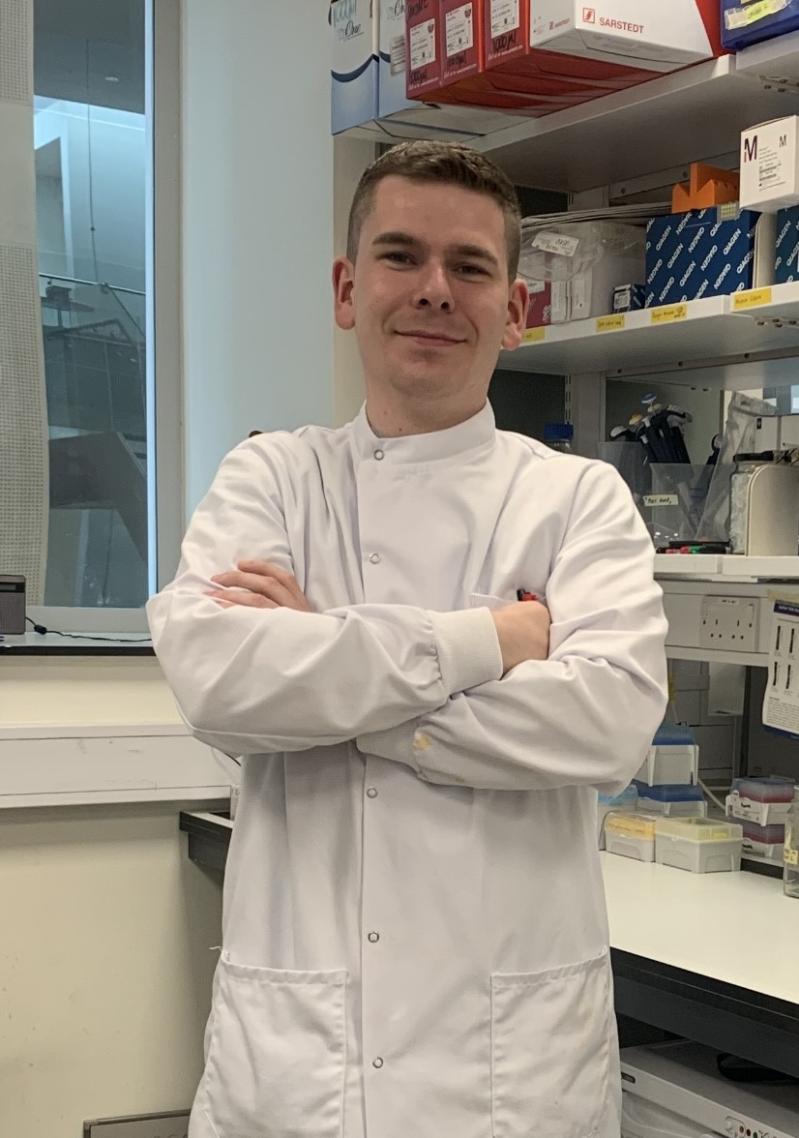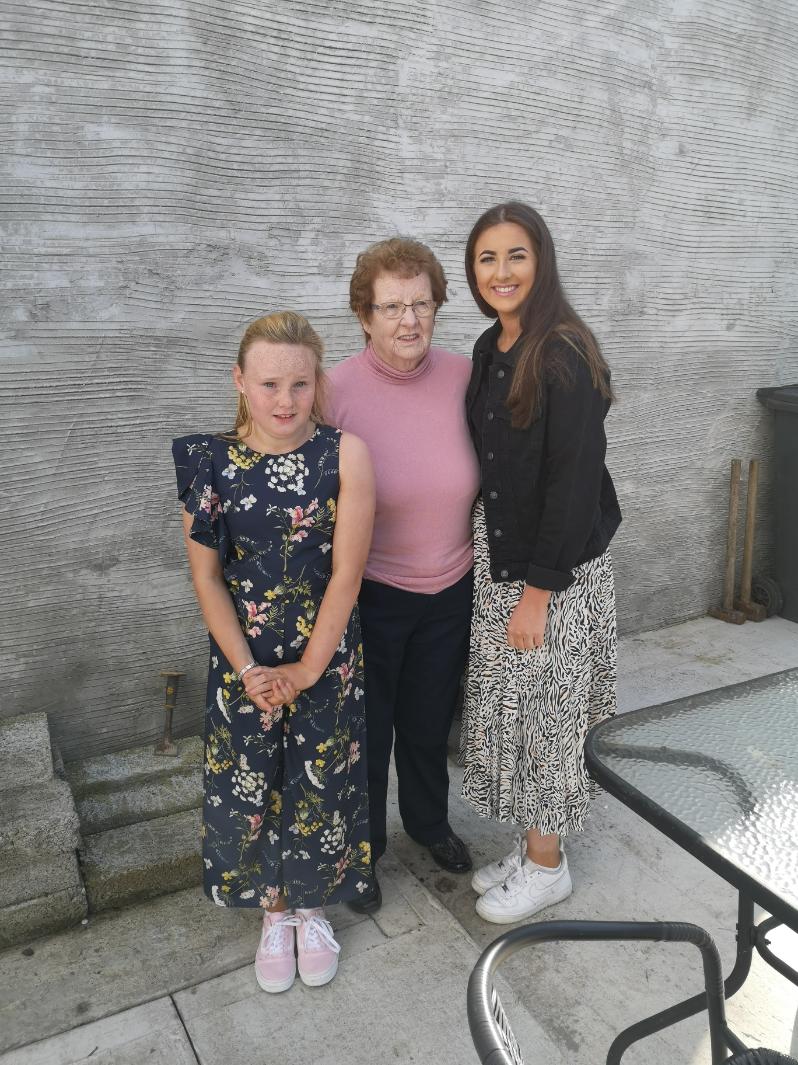Breast Cancer & Ovarian Cancer
Breast Cancer is the most common cancer among women. There are four main subtypes based on pathology profiles (see the overview and expert section for work carried out in our Centre), many more if stratified by molecular profiles. Research into specific parameters, such as progression, response to treatment and risk of dissemination for each of breast cancer subtype takes us closer to the best approach to help each cancer patient.
We also share the unique story of a determined, dynamic and inspiring breast cancer patient, who kindly shared her ongoing journey: that of a seemingly unlikely and unpredictable diagnosis of secondary breast cancer. Ann Mc Brien’s breast cancer was caught during routine screening at a very early stage, and should have been cured. She’s on a mission to mobilize the public, funders and research community for the reality that there are not enough awareness, funding and treatment opportunities for patients with Secondary Breast Cancer.
Ann’s mission is what gets some of us out of bed in the morning, including Tamara Mc Erlain, a 2nd year PhD student that is currently investigating how breast cancer succeeds in colonizing the lung.
Facts and Figures
- The most common cancer type in women (30% of the cases)
- 55,500 new cases diagnosed in UK each year, 1,500 in NI
- While survival rates improved in the last 40 years, patients who develop secondary breast cancer have incurable disease and a life expectancy of 2-3 years (disproportionally affecting women under 50)
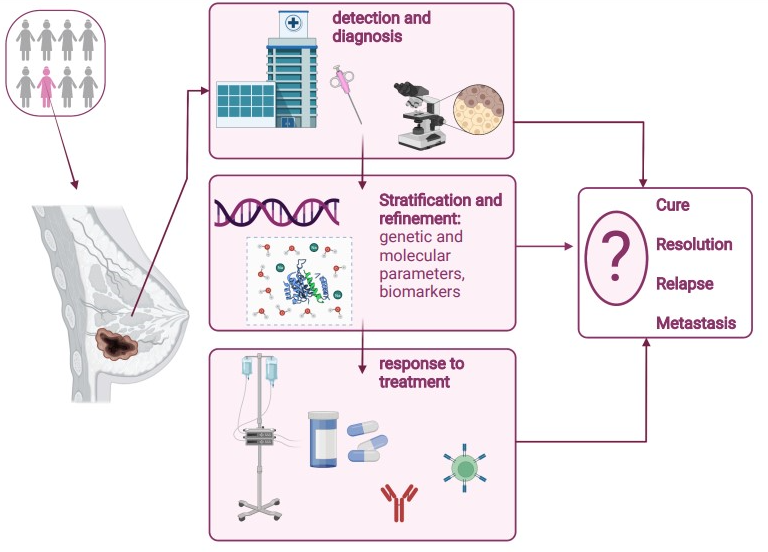
One in eight women will develop breast cancer in their lifetime. Research developed by multiple groups within the JCRC contributes to refinements towards early detection, as well as molecular and genetic stratification of multiple subtypes and patients to determine the best treatment plan towards the best possible outcome, and to allow identifying which patients are at higher risk for relapse or secondary breast cancer.
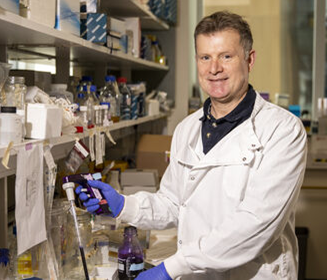
Breast cancer affects and kills more women than any other cancer. Clinicians diagnose over 50,000 breast cancers in the UK every year, representing 1 in 7 women. However, with funding and research efforts, more and more treatments are developed and it is becoming a very treatable cancer.
Read more from our Experts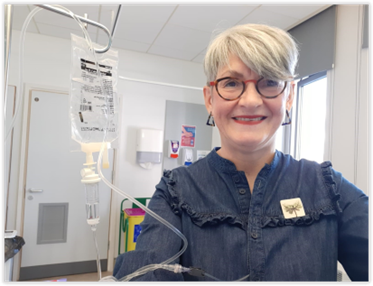
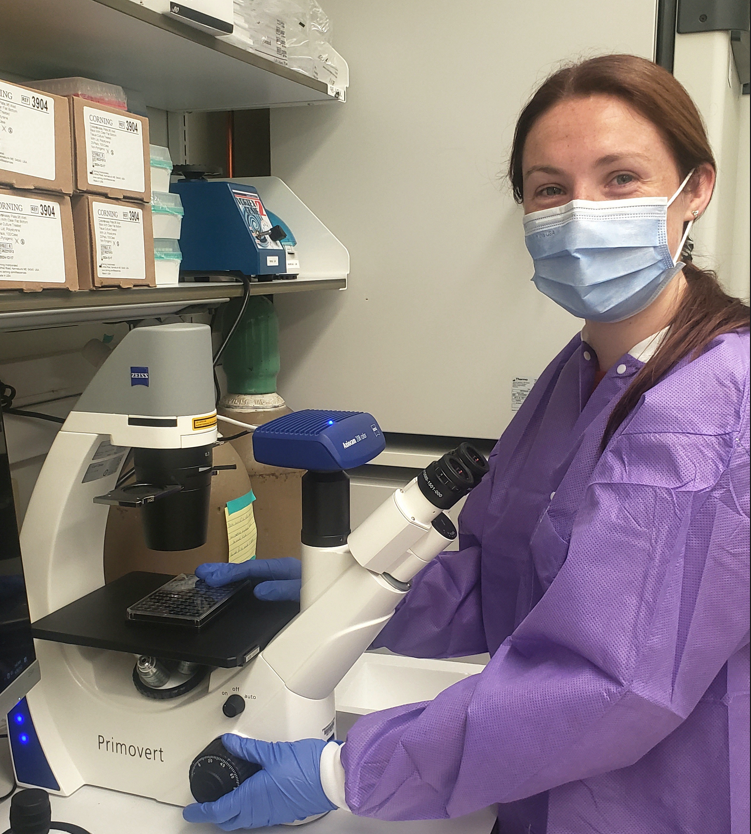
Epithelial Ovarian Cancer is the most lethal gynaecological malignancy in the western world, with over 7,000 patients a year diagnosed in the UK. The majority of women presenting with ovarian cancer have vague symptoms or may have no symptoms at all, as such it has been dubbed the “silent killer”. See the story of a patient that defied the odds for having been diagnosed early, as generously shared by her daughter.
One of the greatest difficulties in improving outcomes for ovarian cancer patients is the ability of detecting it before it evolves, at a stage where it is early enough such that it is more likely to respond to treatment.
Our in-house experts, Dr Laura Feeney and Dr Shannon Beattie explain: "suboptimal diagnostics and late stage of diagnosis mean that fewer than 50% of women with ovarian cancer survive for more than 5 years after diagnosis. Indeed, only around one third of women are diagnosed in the early stages of the disease (stage 1/2)."
While diagnosing ovarian cancer at stages 1 or 2 would represent a momentous improvement in survival rates to 90% (up from the 30% currently seen), " to date, there is no effective minimally invasive method to accurately detect patients with ovarian cancer or screen for ovarian cancer in the general population."
Read the sections under this topic to learn how researchers in the JCRC are facing this challenge by developing new protocols, implementing state-of-the-art technologies while training young researchers into refining methods to improve the quality and the reach of diagnostic tools for ovarian cancer.
Continuing research into Ovarian Cancer in JCRC has been enabled and supported by funders that include InnovateUK (ICURe funding for market validation and follow up, in 2019 and 2020) and Women in Innovation award (2022), two doctoral fellowship awards from HSC R+D (2013 and 2016) and a CRUK Early Detection Primer award in 2018.


